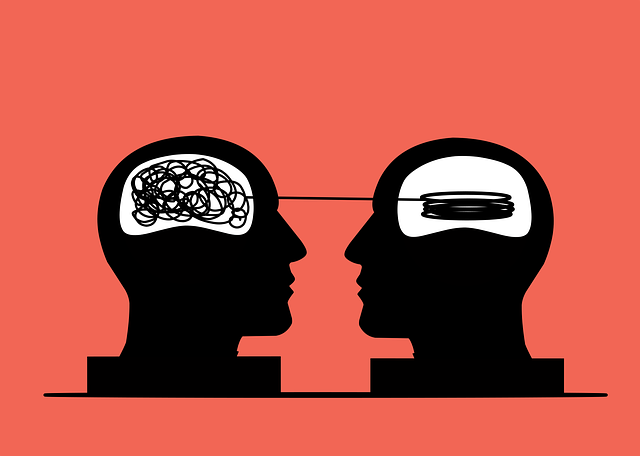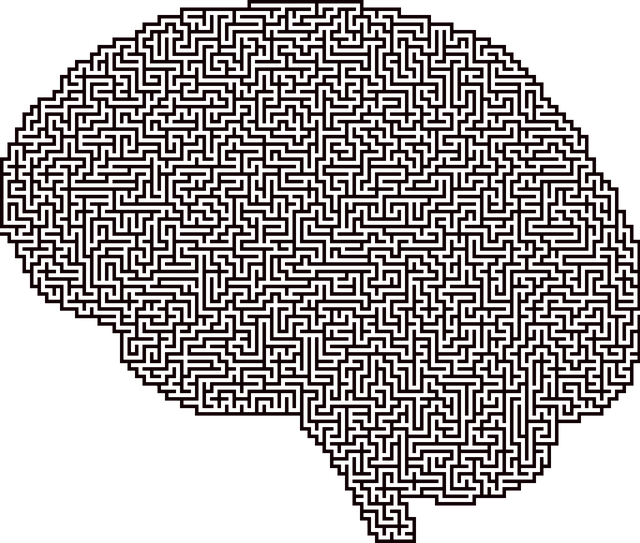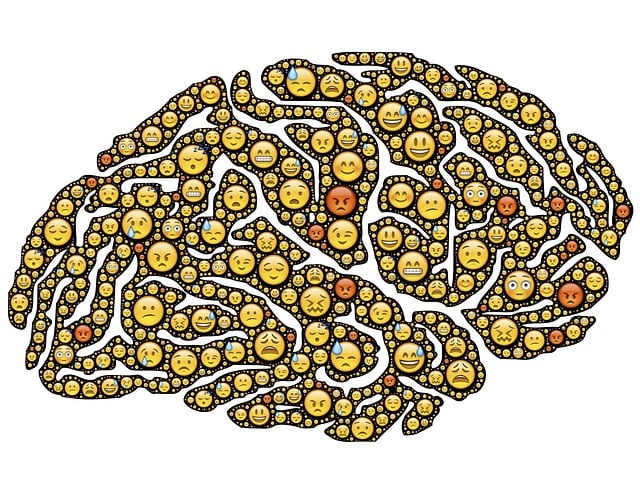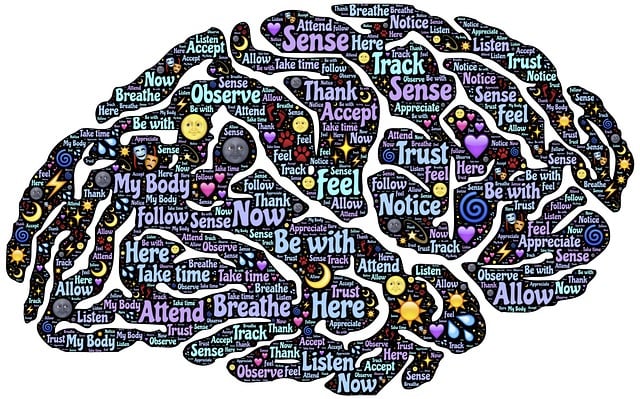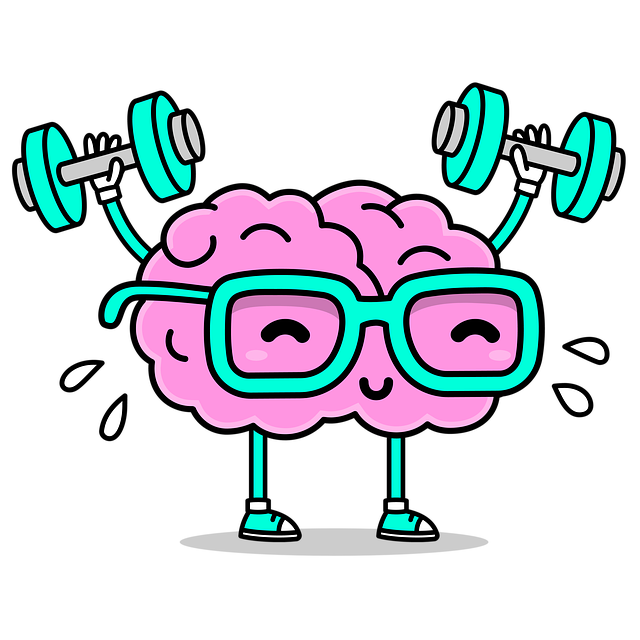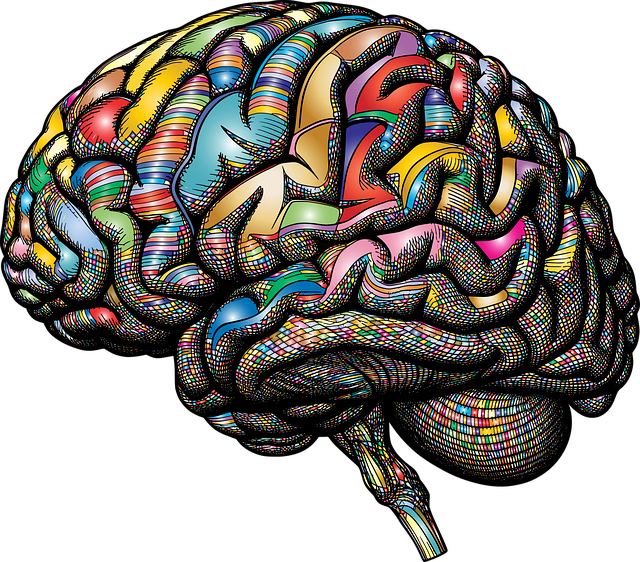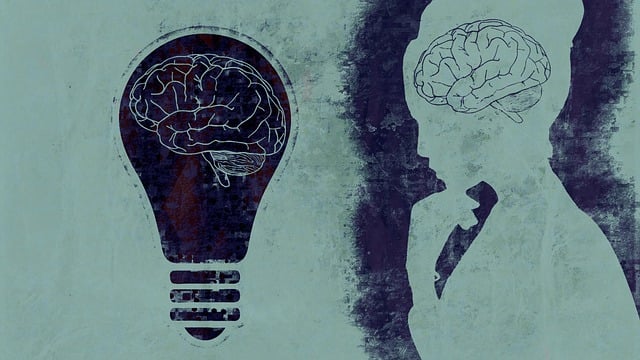In today's fast-paced world, mental wellness is crucial for high-risk populations like first responders in Boulder. Traditional therapy may not meet their unique needs, highlighting the importance of accessible self-assessment tools. Boulder First Responders Therapy (BFRT) leads the way in developing comprehensive, culturally sensitive assessments tailored to trauma and stress management. An ideal tool should track mental health progress, offer profession-specific coping skills, and provide tailored feedback, empowering users to proactively manage their well-being. BFRT's innovative practices inspire a holistic framework integrating questionnaires, reflection exercises, positive thinking, and community outreach, fostering resilience and emotional control. Continuous improvement through user feedback ensures these tools remain effective in supporting mental health within communities.
Mental wellness self-assessment tools play a crucial role in empowering individuals to take charge of their mental health. In this article, we explore the development of such tools, focusing on the unique contributions of Boulder First Responders Therapy. From understanding the growing need for accessible assessments to delving into the key components that make a tool effective, we provide an insightful guide. Learn how professionals like those at Boulder First Responders Therapy are revolutionizing mental health support through comprehensive assessment frameworks and continuous improvement strategies.
- Understanding the Need for Mental Wellness Self-Assessment Tools
- The Role of Boulder First Responders Therapy in Development
- Key Components of an Effective Self-Assessment Tool
- Creating a Comprehensive Assessment Framework
- Implementation, Training, and Continuous Improvement
Understanding the Need for Mental Wellness Self-Assessment Tools

In today’s fast-paced world, mental wellness is a critical aspect of overall health that often requires proactive assessment and management. This need is especially acute among high-risk populations, such as Boulder First Responders Therapy clients, who frequently encounter traumatic events and challenging situations. Traditional therapy approaches may not always be sufficient to address the unique needs of these individuals, highlighting the importance of accessible self-assessment tools.
Community Outreach Program Implementation and Risk Management Planning for Mental Health Professionals are crucial components in developing effective self-assessment tools tailored to at-risk groups. By integrating user-friendly platforms and evidence-based practices, these tools can help individuals monitor their mental health, identify early warning signs of distress, and seek timely support. Furthermore, promoting Anxiety Relief through such initiatives ensures that first responders have the resources they need to maintain resilience and well-being in their demanding careers.
The Role of Boulder First Responders Therapy in Development

Boulder First Responders Therapy (BFRT) plays a pivotal role in the development of mental wellness self-assessment tools. As professionals who frequently interact with individuals in crisis, BFRT members bring unique insights into the nuanced world of mental health challenges and resilience building. They are intimately aware of the complex factors contributing to an individual’s mental well-being, including trauma, stress, and post-traumatic stress disorder (PTSD). This firsthand experience is invaluable when designing assessment tools that accurately gauge mental wellness.
Integrating BFRT’s expertise into tool development ensures that the assessments are not only comprehensive but also culturally sensitive and contextually relevant. They contribute to refining risk assessment for mental health professionals, enhancing risk management planning, and fostering a more robust framework for supporting individuals’ mental wellness. By collaborating with BFRT, developers can create tools that effectively address the unique needs of diverse populations, making them more inclusive and impactful.
Key Components of an Effective Self-Assessment Tool

An effective self-assessment tool for mental wellness should incorporate several key components to ensure it is both comprehensive and user-friendly. Firstly, it needs to be adaptable, catering to a diverse range of users, from first responders dealing with trauma in Boulder to healthcare providers facing burnout. This adaptability allows for personalized assessments that recognize unique challenges and strengths.
Additionally, the tool should assess not only current mental health status but also track progress over time. Incorporating coping skills development and burnout prevention strategies specific to these professions is vital. By offering tailored feedback and practical recommendations, self-assessment tools can empower individuals to take proactive measures for their well-being, much like a comprehensive Mental Wellness Coaching Programs Development approach.
Creating a Comprehensive Assessment Framework

Developing a comprehensive self-assessment framework for mental wellness is a multifaceted process that requires careful consideration of various aspects. It involves creating tools to evaluate not only an individual’s current mental health status but also their resilience, coping mechanisms, and overall well-being. This holistic approach, inspired by the innovative practices at Boulder First Responders Therapy, ensures that users gain profound insights into their minds.
The framework should incorporate diverse methods such as questionnaires, reflection exercises, and behavioral assessments to capture the complexity of human emotions and experiences. By integrating positive thinking principles and fostering a supportive community outreach program implementation, these tools can empower individuals to take charge of their mental health. Mind over matter principles can be applied to help users understand that their thoughts and perceptions significantly influence their emotional well-being.
Implementation, Training, and Continuous Improvement

The successful development and implementation of mental wellness self-assessment tools require a strategic approach. Once created, these tools must be integrated into existing systems seamlessly, ensuring accessibility for those in need. For instance, the Boulder First Responders Therapy program has recognized the power of such assessments in their mission to support first responders’ mental health. Training is a vital step; educating professionals and end-users on tool functionality and interpretation ensures accurate application and empowers individuals to take charge of their mental wellness.
Continuous improvement is an ongoing process, necessitating regular reviews based on user feedback and evolving research. By adopting a dynamic mindset, self-care routine development for better mental health can be optimized, enhancing the effectiveness of these tools over time. This iterative approach, coupled with trauma support services integration, fosters a culture of proactive mental wellness management within communities.
The development of mental wellness self-assessment tools is a vital step in addressing the growing need for accessible mental health support. As discussed, Boulder First Responders Therapy has played a key role in this process, offering valuable insights and expertise to create effective assessment frameworks. By incorporating essential components such as comprehensive coverage of common mental health concerns, user-friendly interfaces, and evidence-based practices, these tools can empower individuals to take charge of their mental well-being. Continuous improvement through regular updates and user feedback ensures that these assessments remain relevant and beneficial in today’s ever-evolving mental health landscape.

